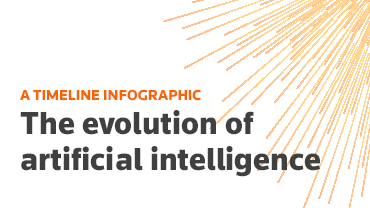Priv. Ltr. Rul. 202023001 (Mar. 3, 2020)
Available at https://www.irs.gov/pub/irs-wd/202023001.pdf
In a private letter ruling, the IRS has affirmed that employees may allocate employer contributions between a funded health reimbursement arrangement (HRA) and a qualified profit-sharing plan without altering the tax effects of either plan. The ruling was requested by a union proposing plan amendments that would give employees an annual advance election to allocate a portion of their employers’ contributions (after a set minimum contribution to the HRA) between the HRA and the profit-sharing plan. In the absence of an employee election, a default uniform fixed contribution would be allocated to the profit-sharing plan and the remainder would go to the HRA. The union sought assurance that the proposed amendment would not—(1) cause the profit-sharing plan to be treated as offering a cash or deferred arrangement under Code § 401(k), or (2) affect the exclusion under Code §§ 105(b) and 106 of contributions to, and payments from, the HRA trust.
Responding to the first question, the letter concludes that the amendment would not create a cash or deferred arrangement pursuant to Code § 401(k) because, while the election would allow employees to decide the employer’s contribution rate to both plans, it would not allow a choice to receive such amounts in cash or some other taxable benefit. Responding to the second question, the letter observes that employer contributions directed to the HRA would be paid solely by the participating employers and not pursuant to salary reduction elections or otherwise. They would be used only to reimburse qualified eligible medical expenses (and not for the payment of death benefits, bonuses, or separation pay). And the contributions would not be used to provide other taxable or nontaxable benefits. Consequently, the amended HRA would still meet the applicable requirements, and coverage and benefits under the HRA would remain excludable from gross income.
EBIA Comment: Private letter rulings are intended only for the taxpayers that request them and cannot be used or cited as precedent. However, this letter provides some possibly broader insight into the IRS’s thinking about a scenario analogous to the choice many employees have between 401(k) and HSA contributions. When HSAs are unavailable, e.g., because the employer provides medical coverage with a low deductible, a plan sponsor that makes regular profit-sharing contributions might want to offer a similar choice between retirement and HRA contributions. But the analogy is imperfect, in part because contributions to an HSA are funded and irrevocable, while most HRAs are unfunded and offer benefits that are subject to forfeiture. Given these and other differences, choice arrangements involving HRAs should be approached with caution (and expert advice). For more information, see EBIA’s 401(k) Plans manual at Section VIII.B (“Cash or Deferred Arrangement (CODA)”); see also EBIA’s Consumer-Driven Health Care manual at Sections XXI.B (“HRA Legal Requirements”) and XXII.D (“HRAs Must Be Funded Exclusively by Employer and Not With Salary Reductions or Otherwise Under a Cafeteria Plan”).
Contributing Editors: EBIA Staff.








